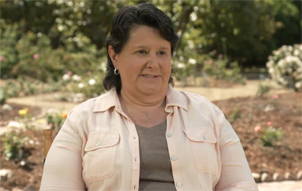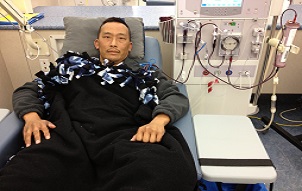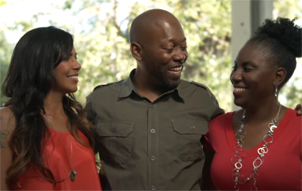Each transplant center must have a written living donor informed consent process. The OPTN/UNOS Living Donor Committee developed a resource that can help centers in developing their consent process.
You can review it at www.transplantliving.org (choose Living Donation >Informed Consent). The informed consent process should help you understand all aspects of the donation process, including the risks and benefits. You should also talk about alternative procedures or types of treatment that are available to the transplant candidate, including dialysis or a transplant from a deceased donor.
Each transplant center must also have written protocols for all phases of the living donation process. As part of these protocols, you should be assigned an independent donor advocate (IDA) who is ideally not part of the transplant patient’s medical team. This staff member advocates for your needs, rights, and interests and helps you understand the informed consent, evaluation, surgery, and follow-up processes.
Ask the IDA and any other staff at the transplant center any questions you have. It is important to be completely honest about your feelings, concerns, and fears about being a donor. Your decision to become a donor must be completely voluntary. You should never feel pressured to become a donor. You have the right to delay or stop the donation process at any time. The reasons behind your decision should be kept confidential.
Talk in detail with your loved ones, such as family members and close friends. Talk with other people who have been living donors. Consider contacting your transplant center and relevant organizations and websites before making a final decision. Fully consider how donation may impact your physical and emotional health, as well as your family life, financial situation, and current and future health and life insurance status.
Source: UNOS Living Donation




